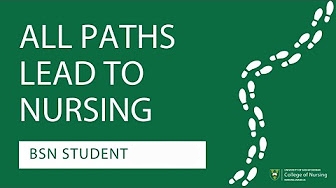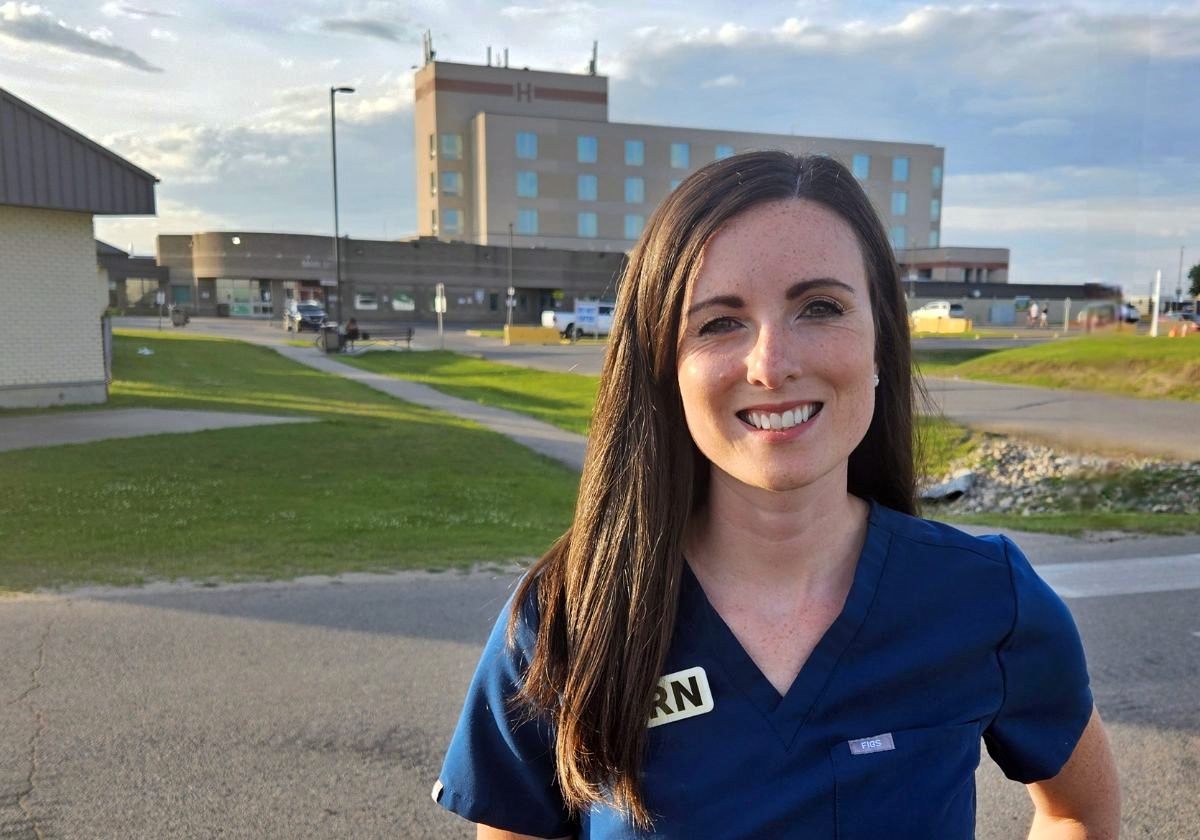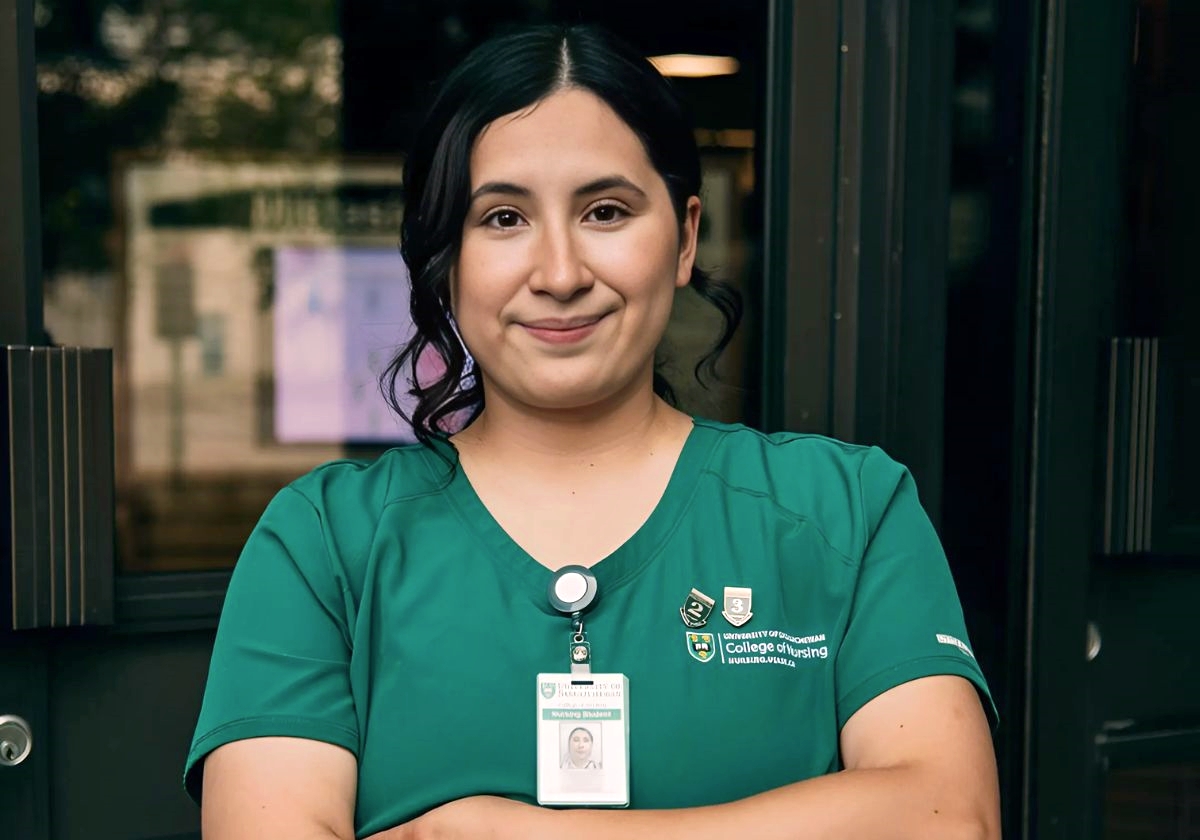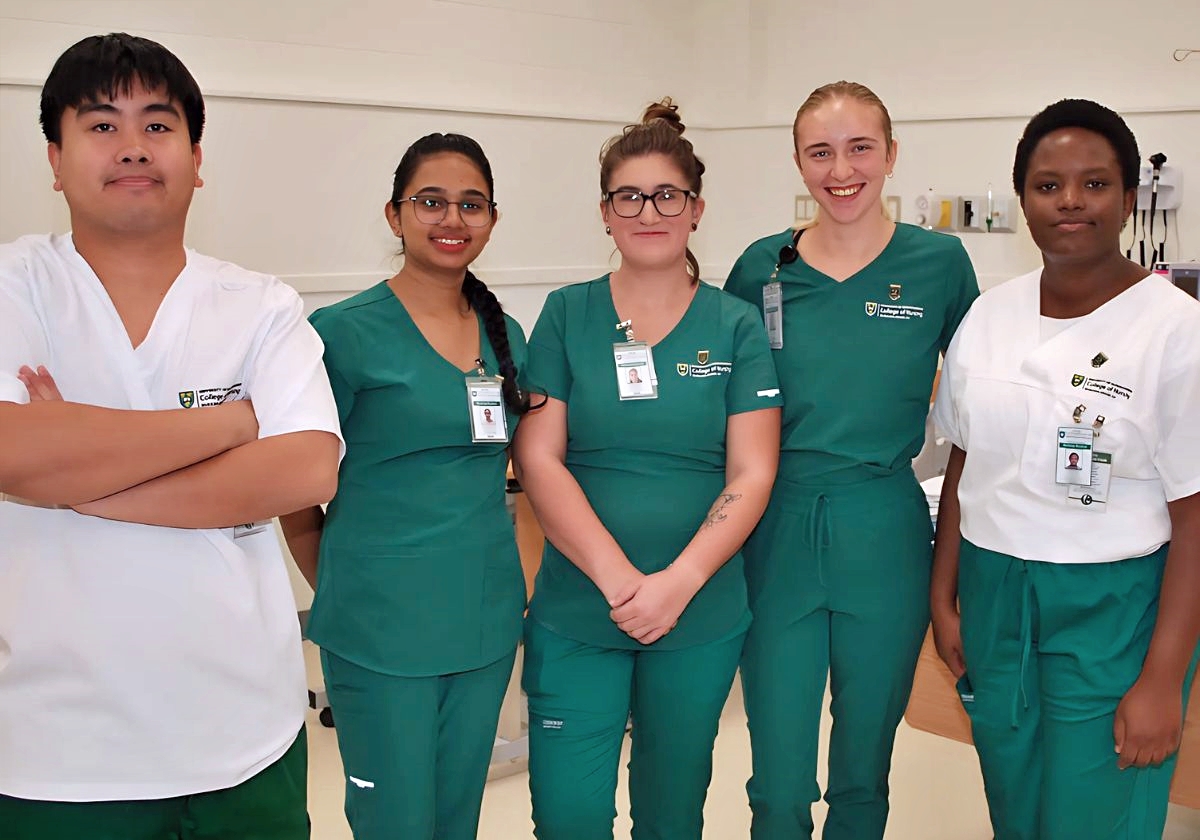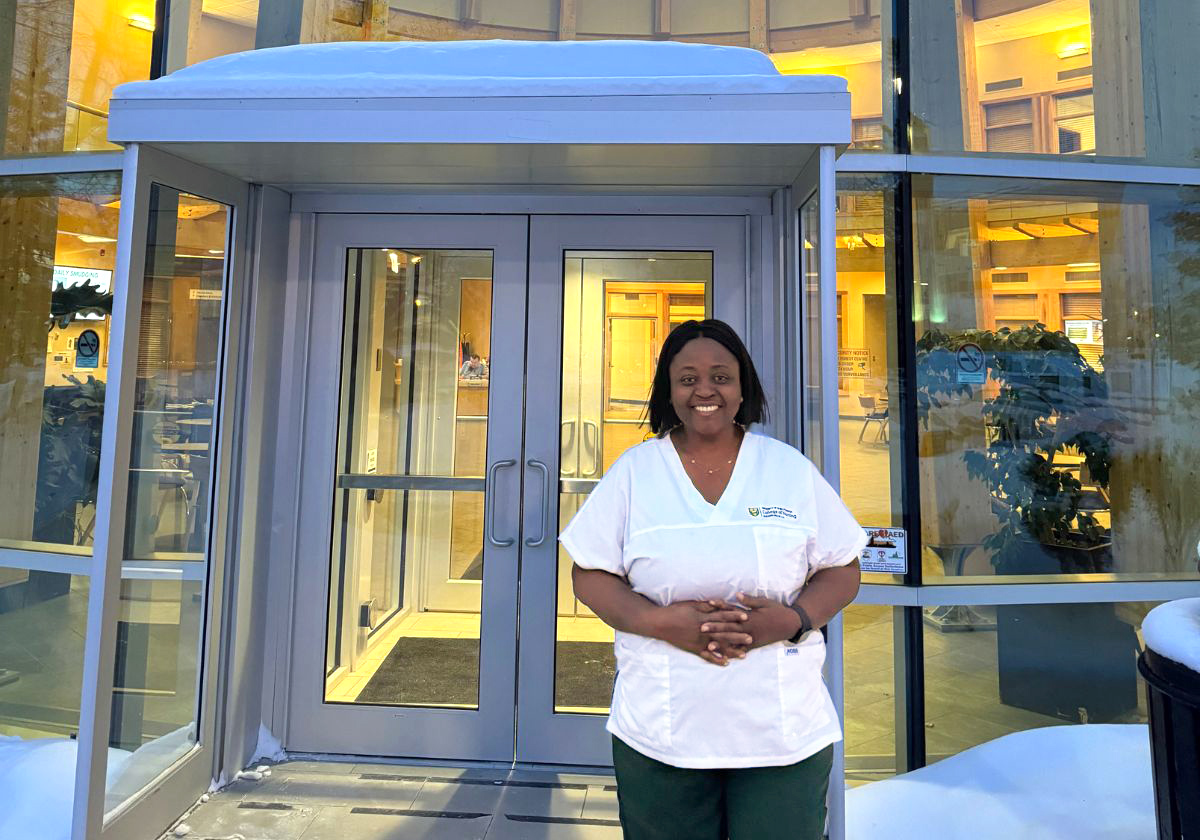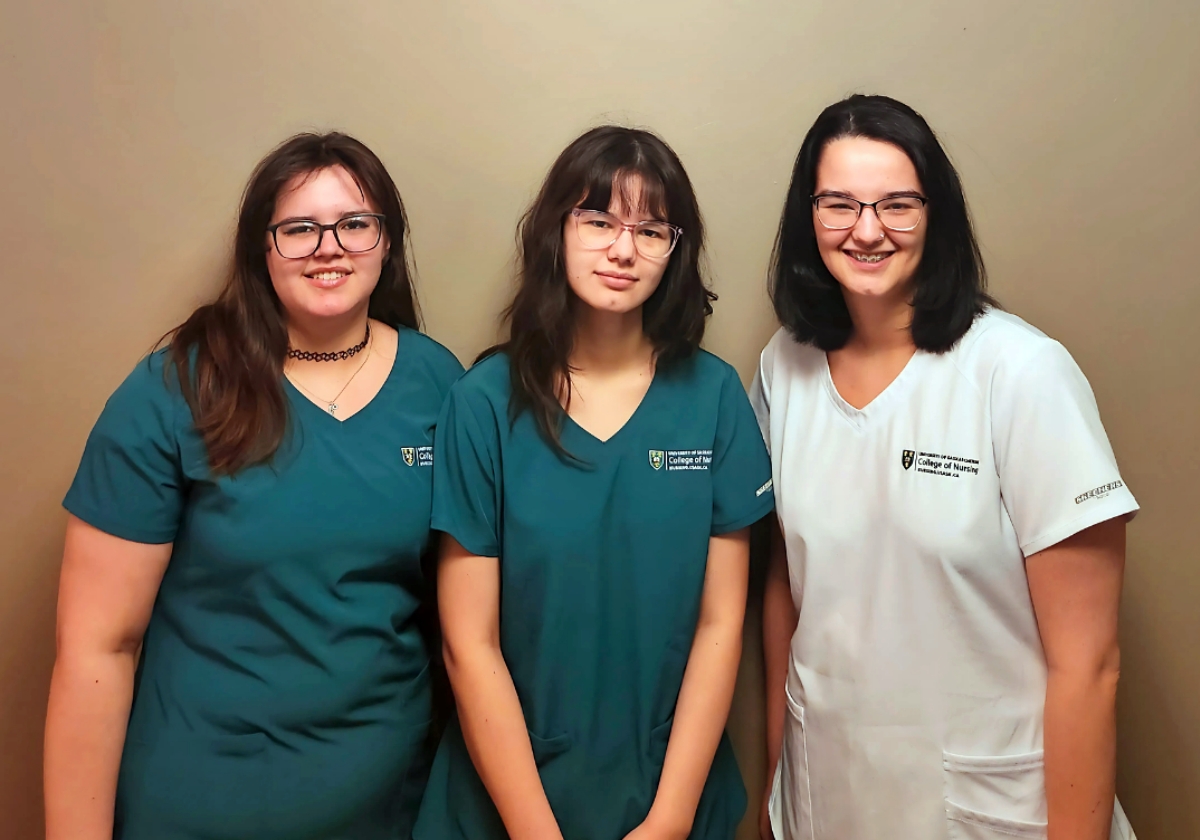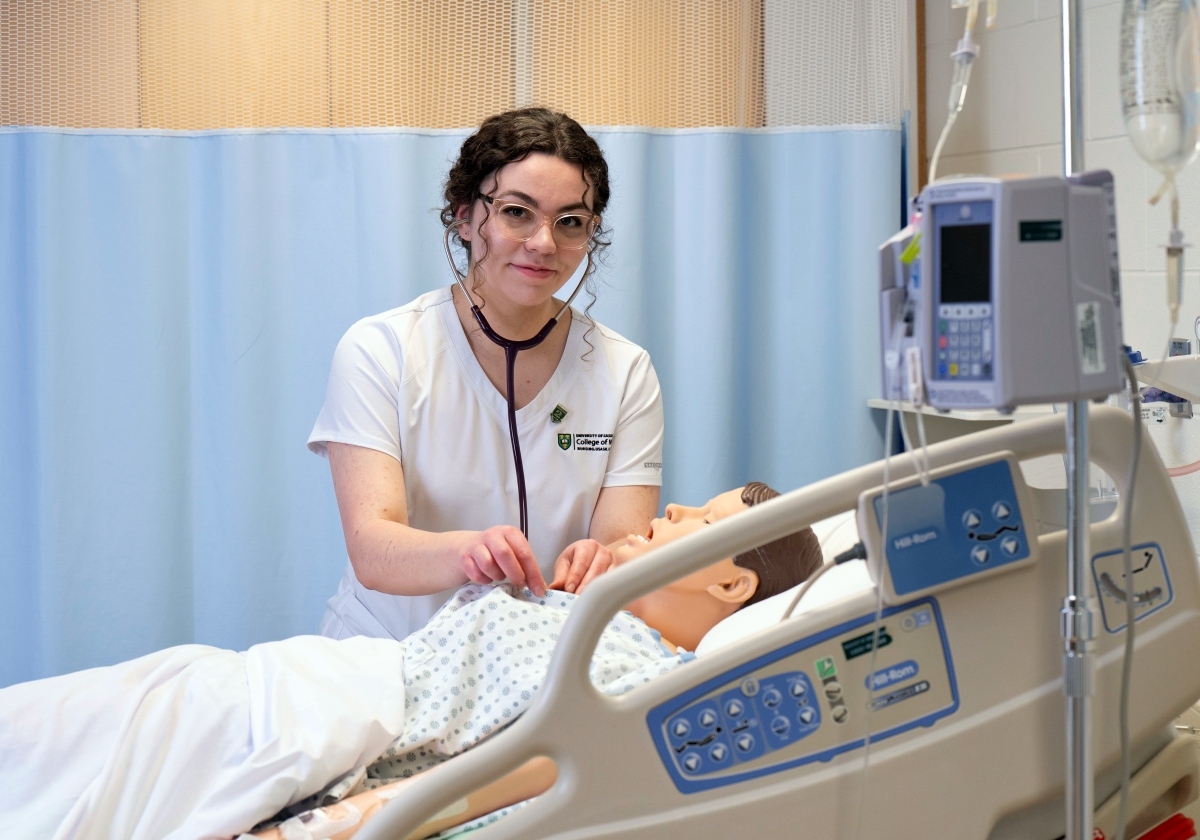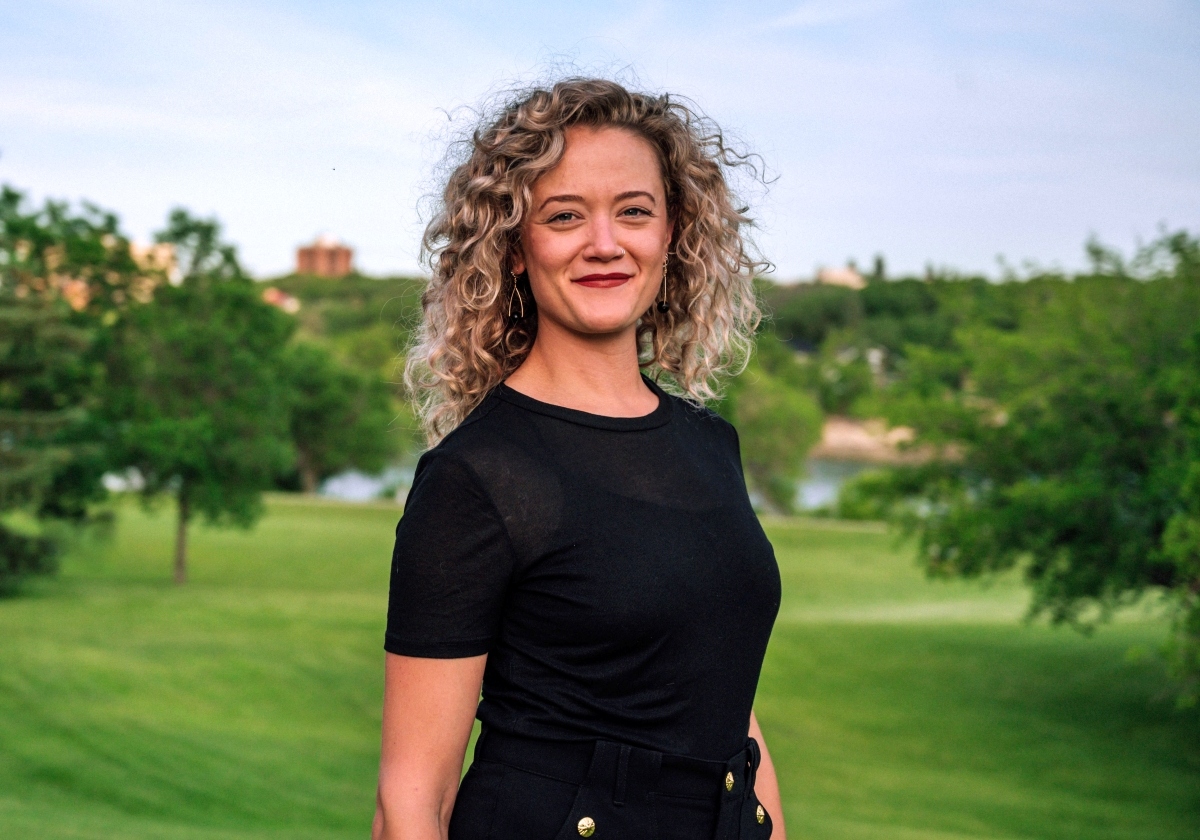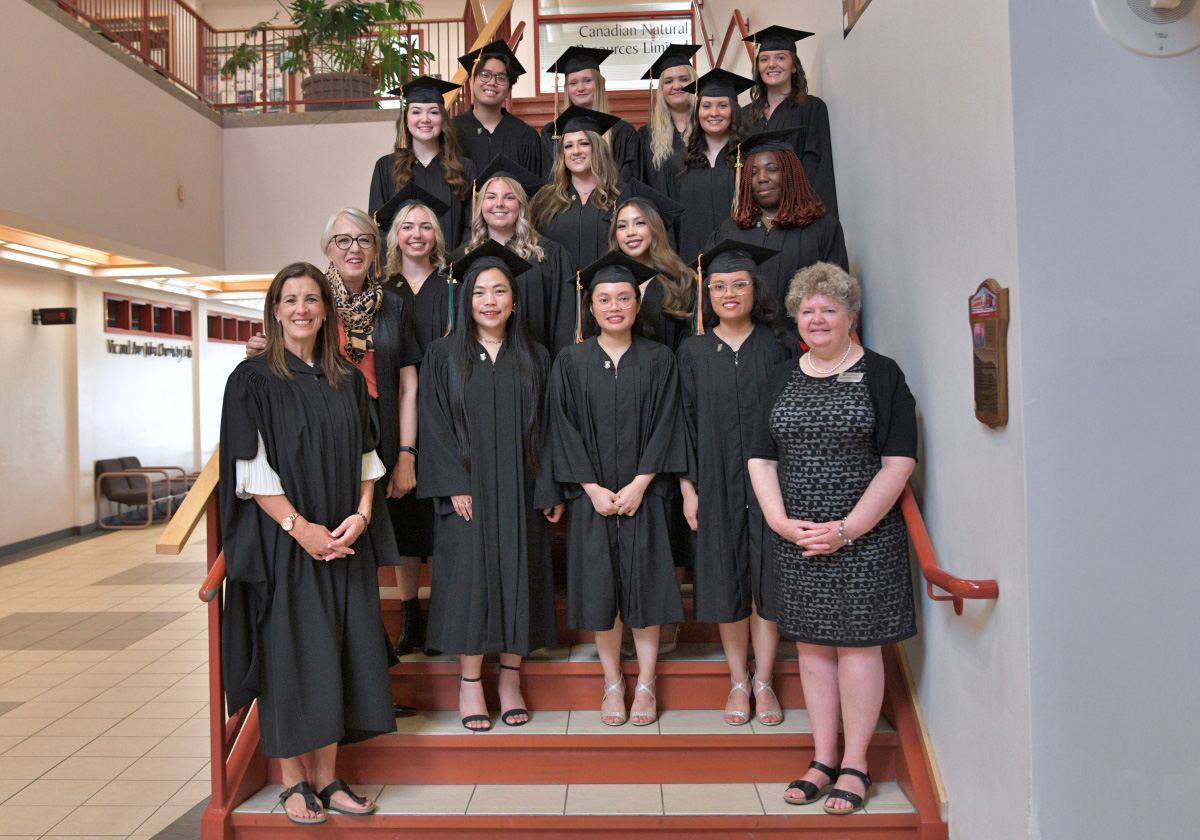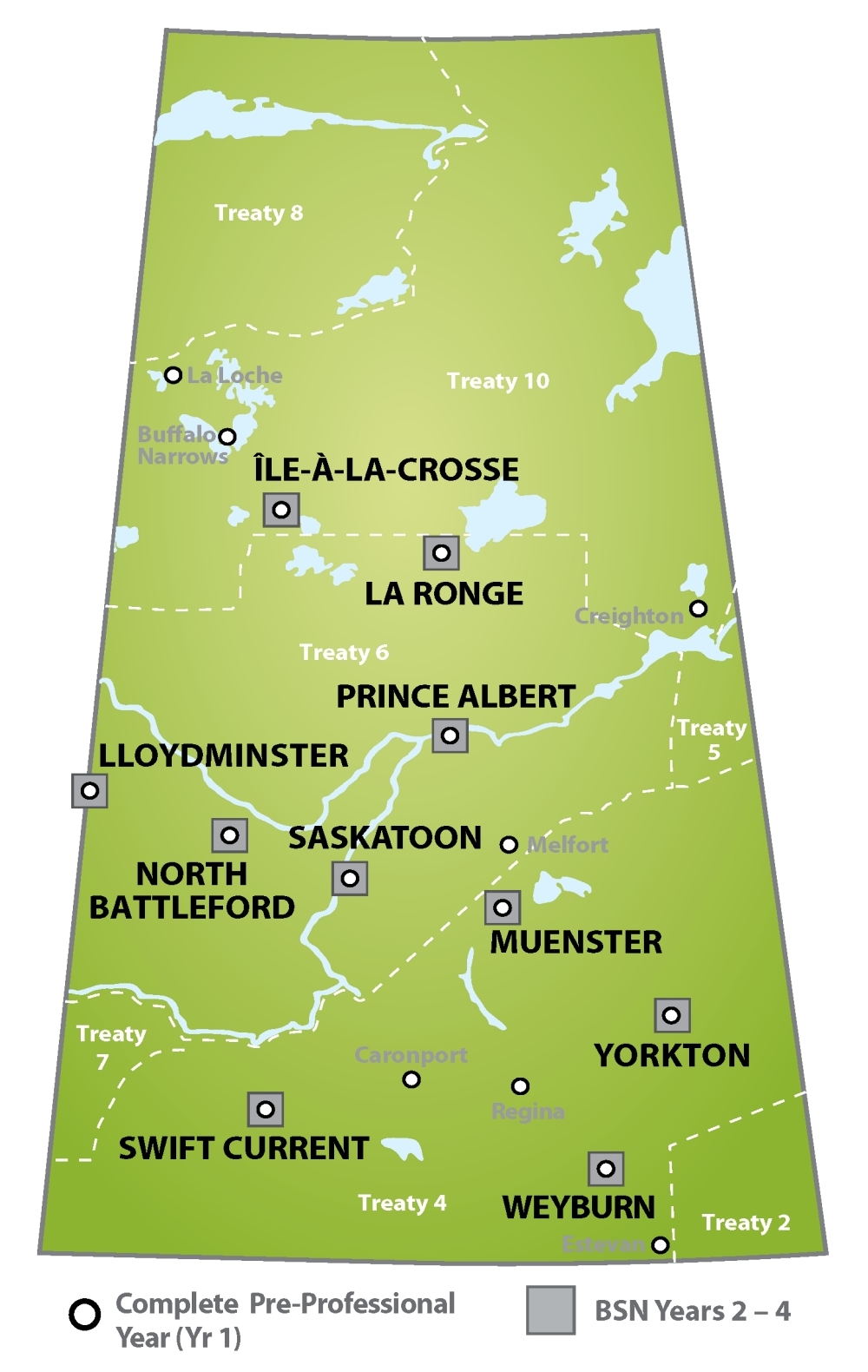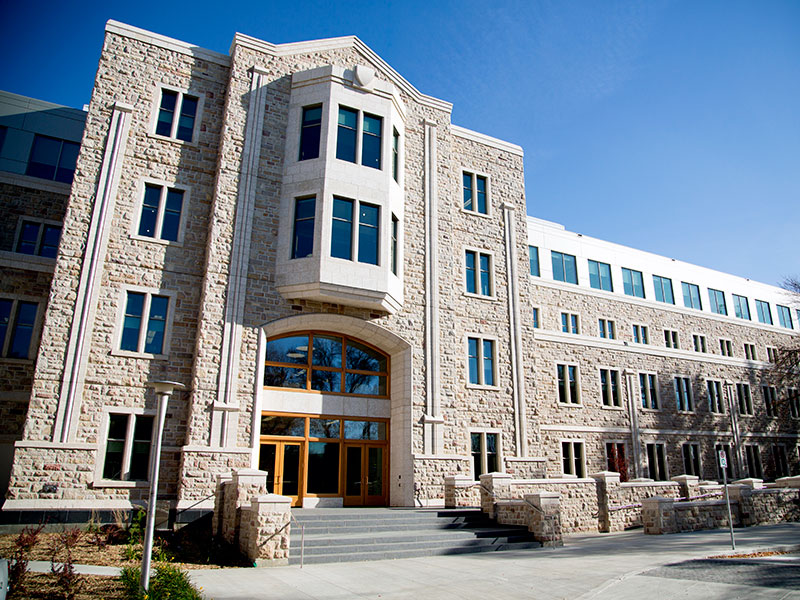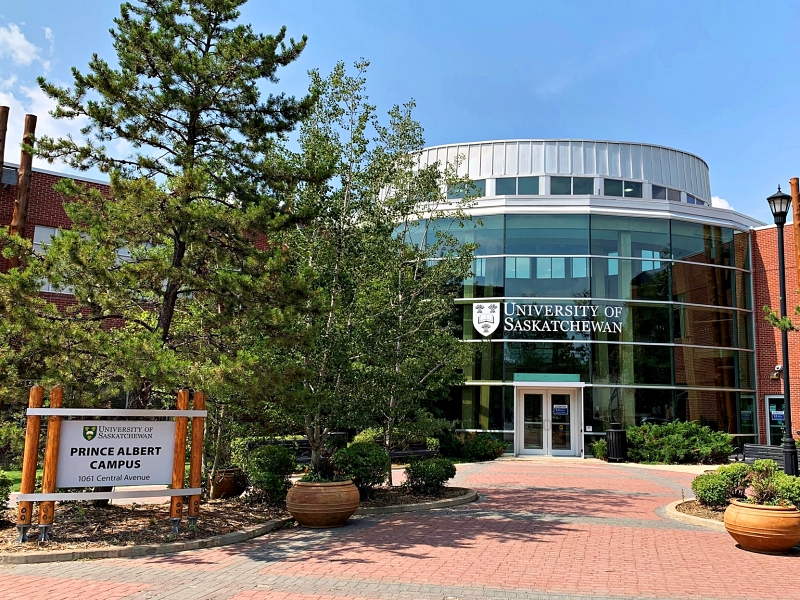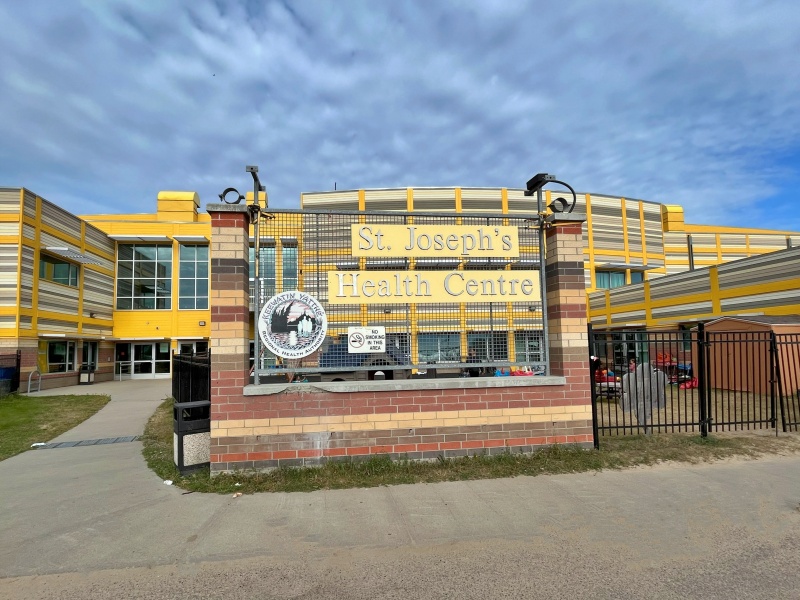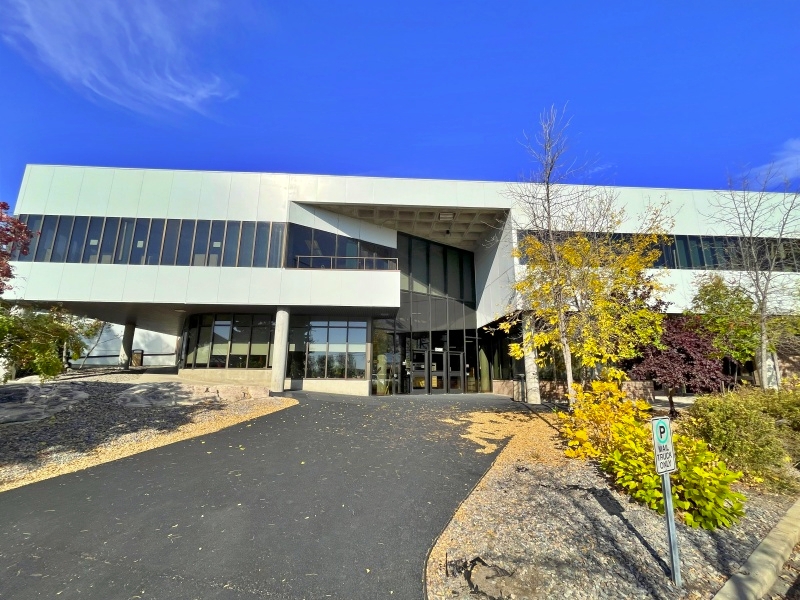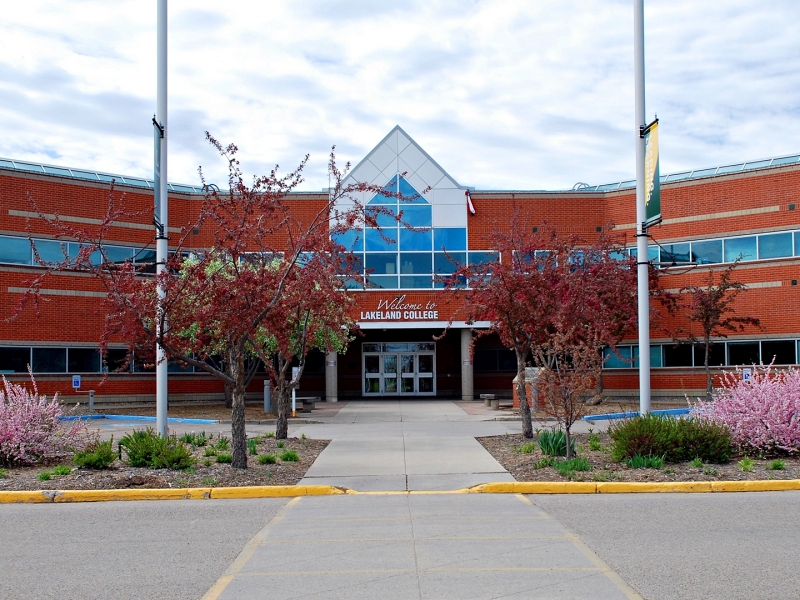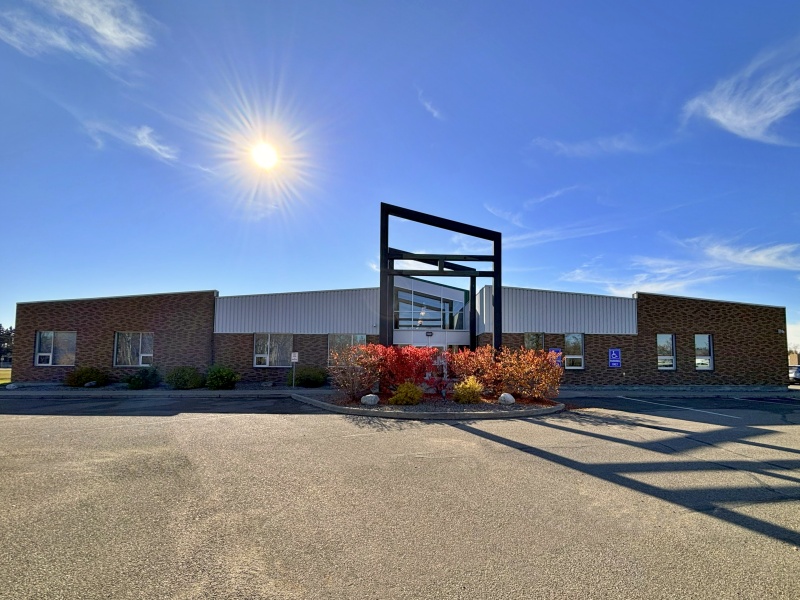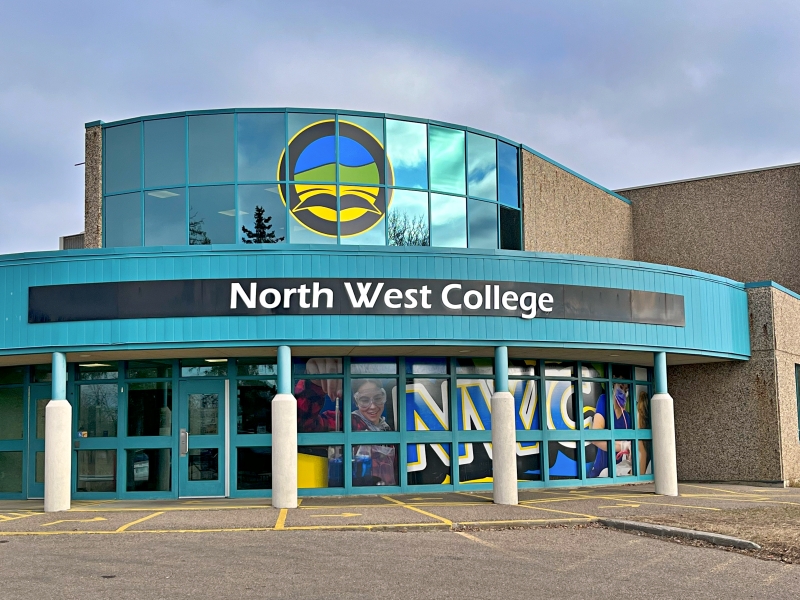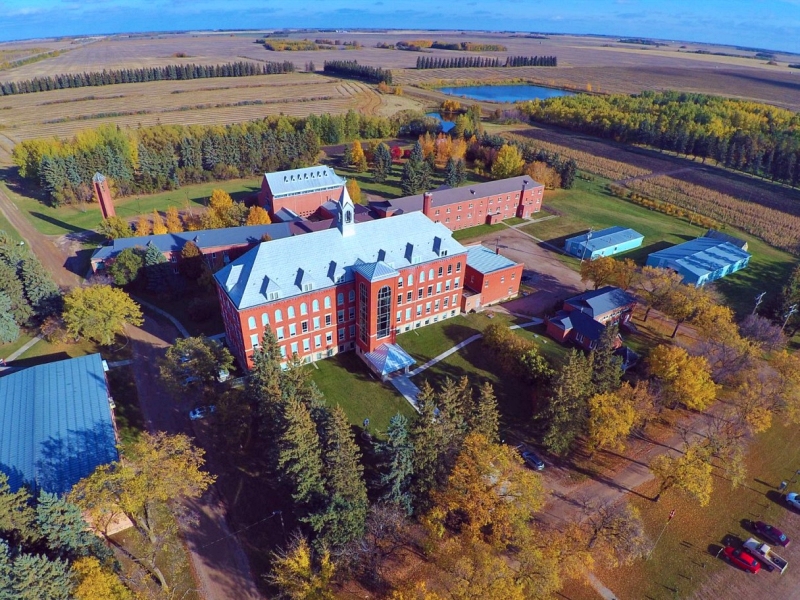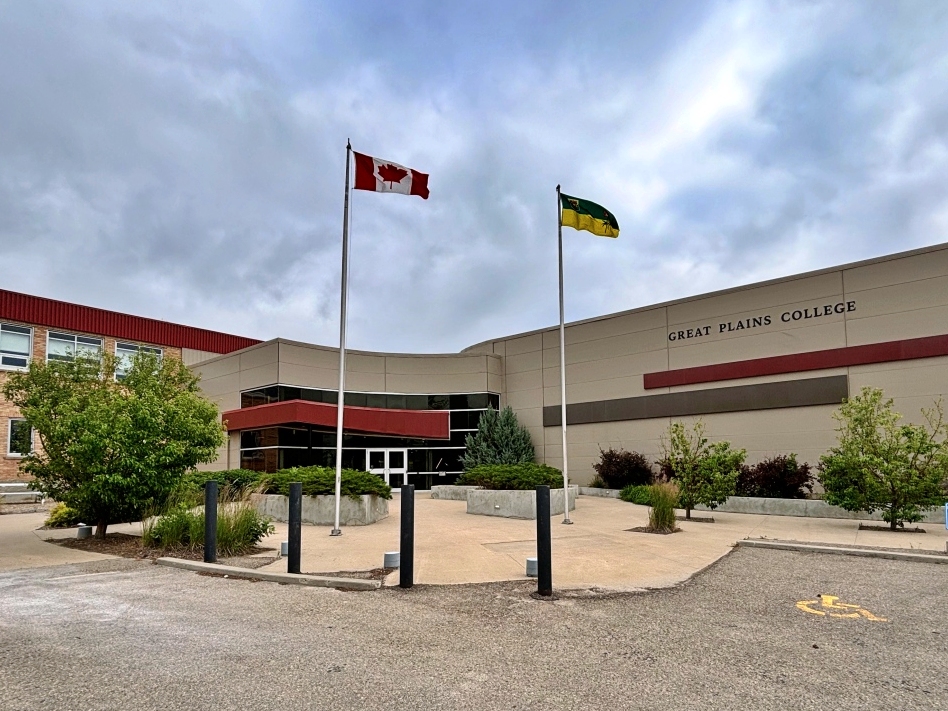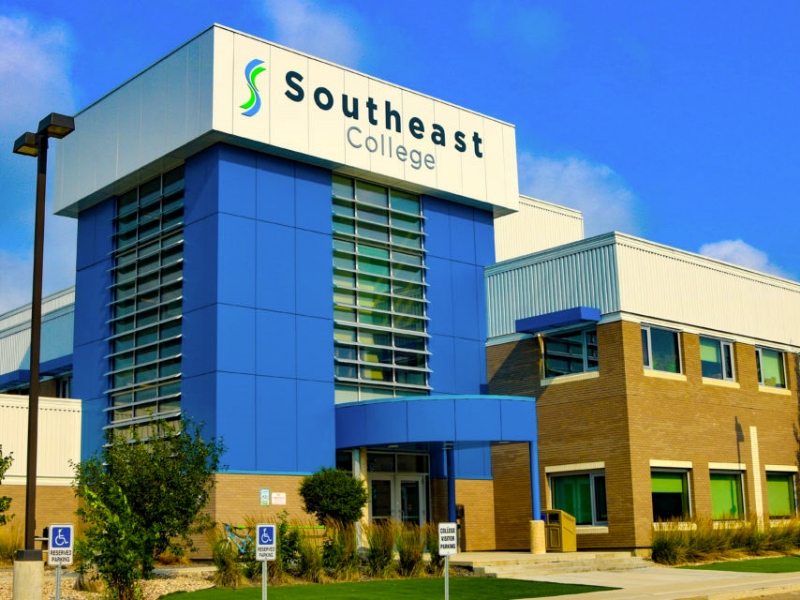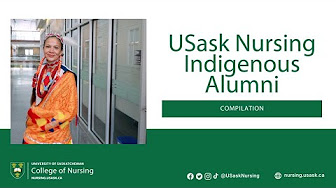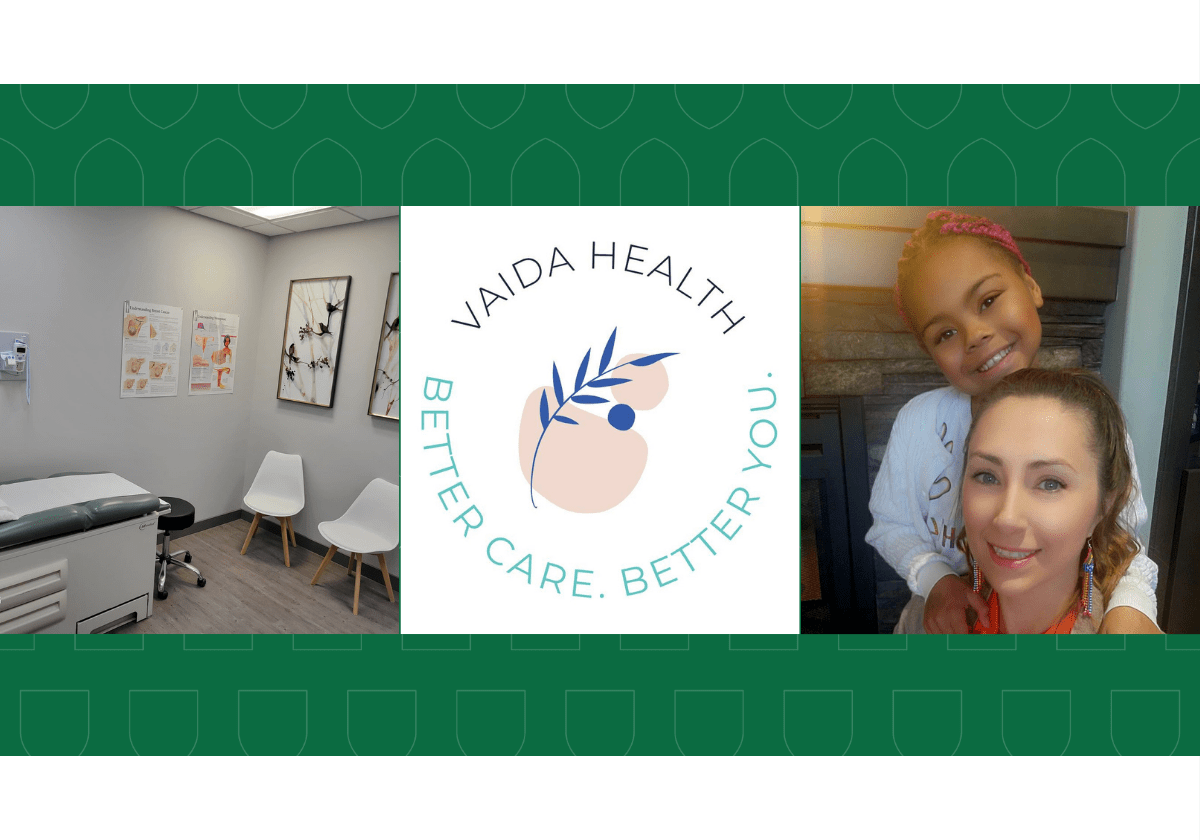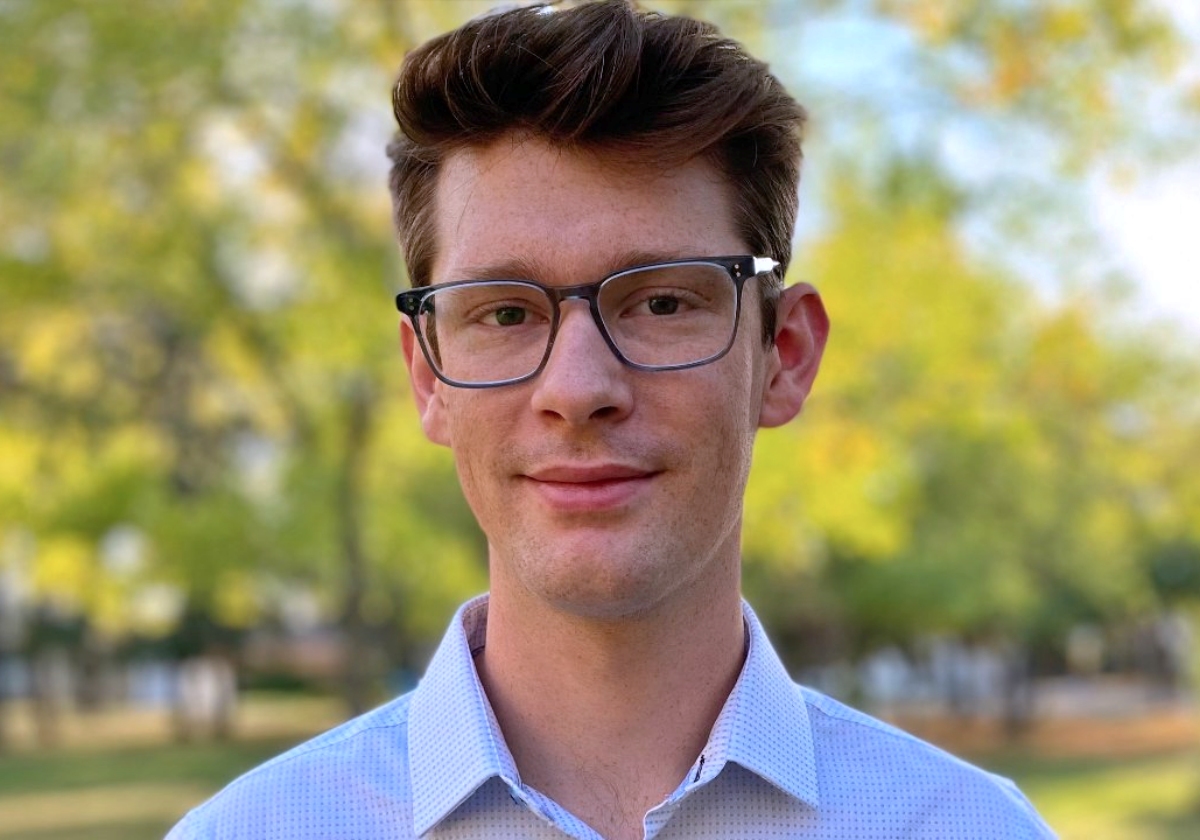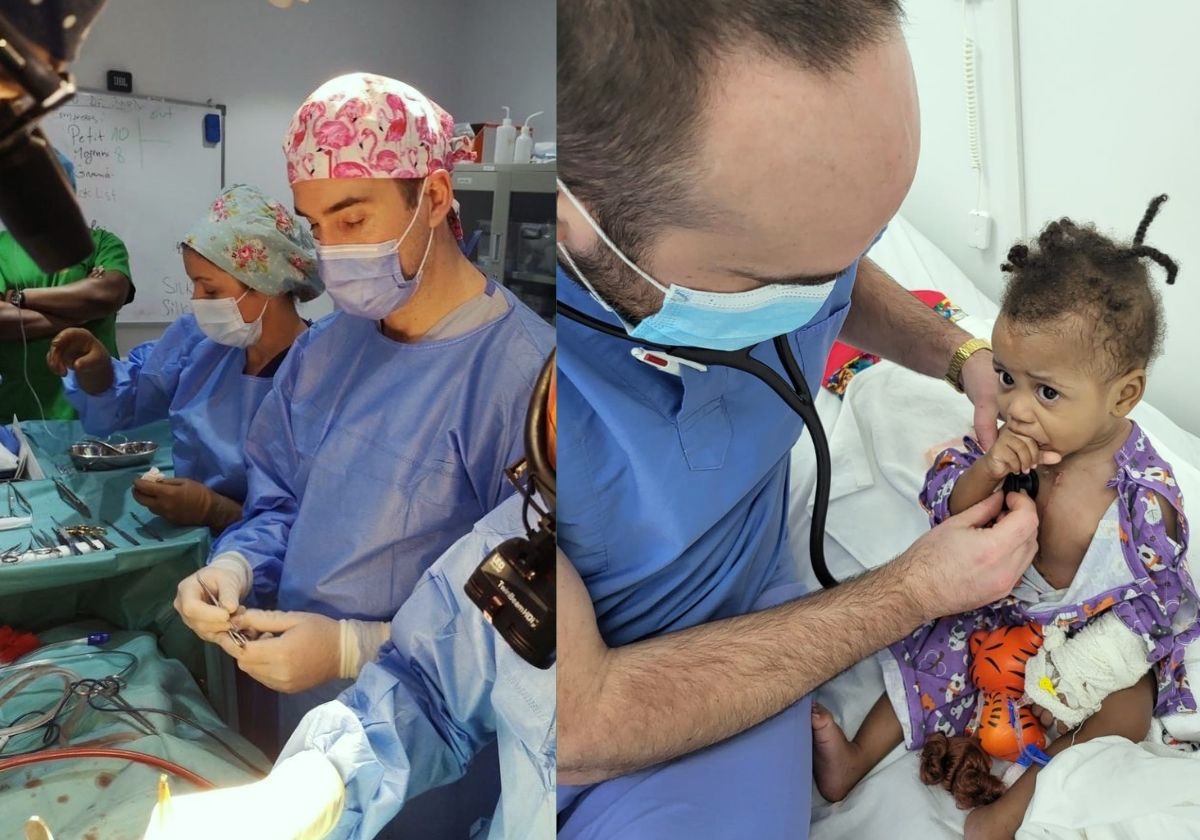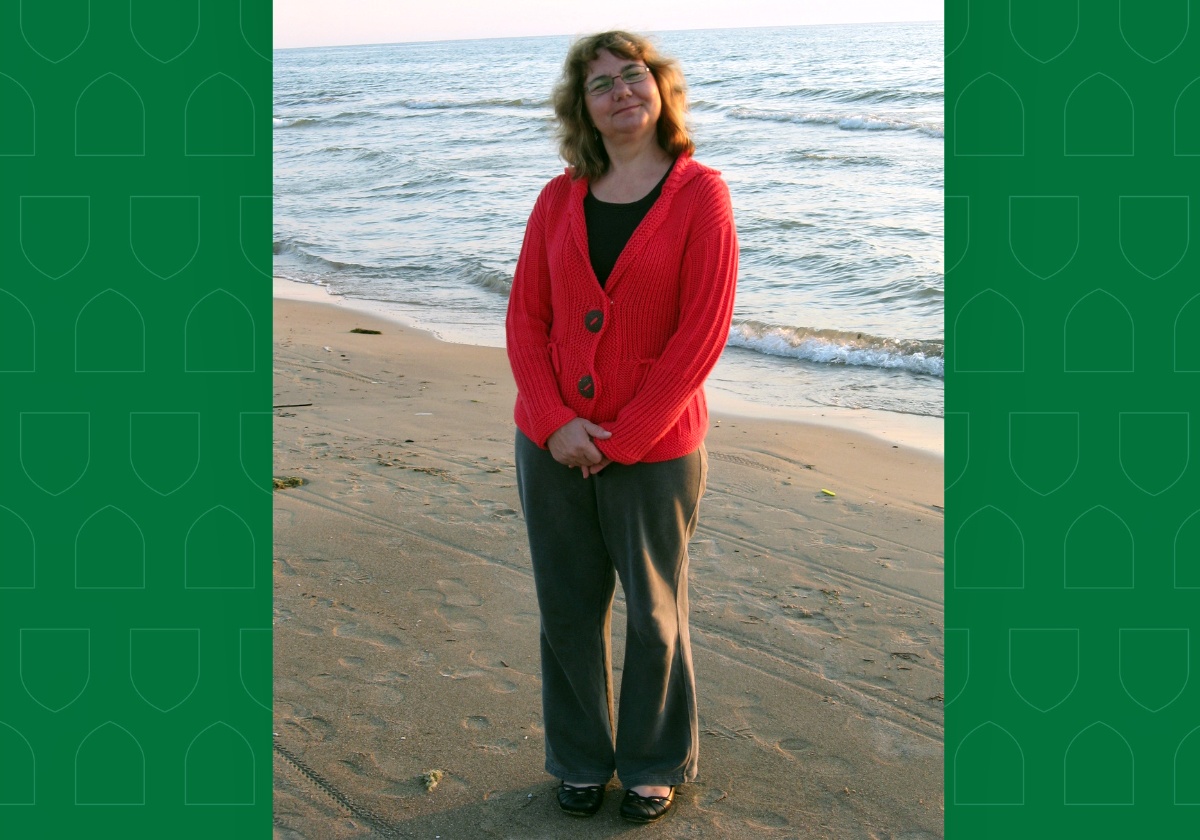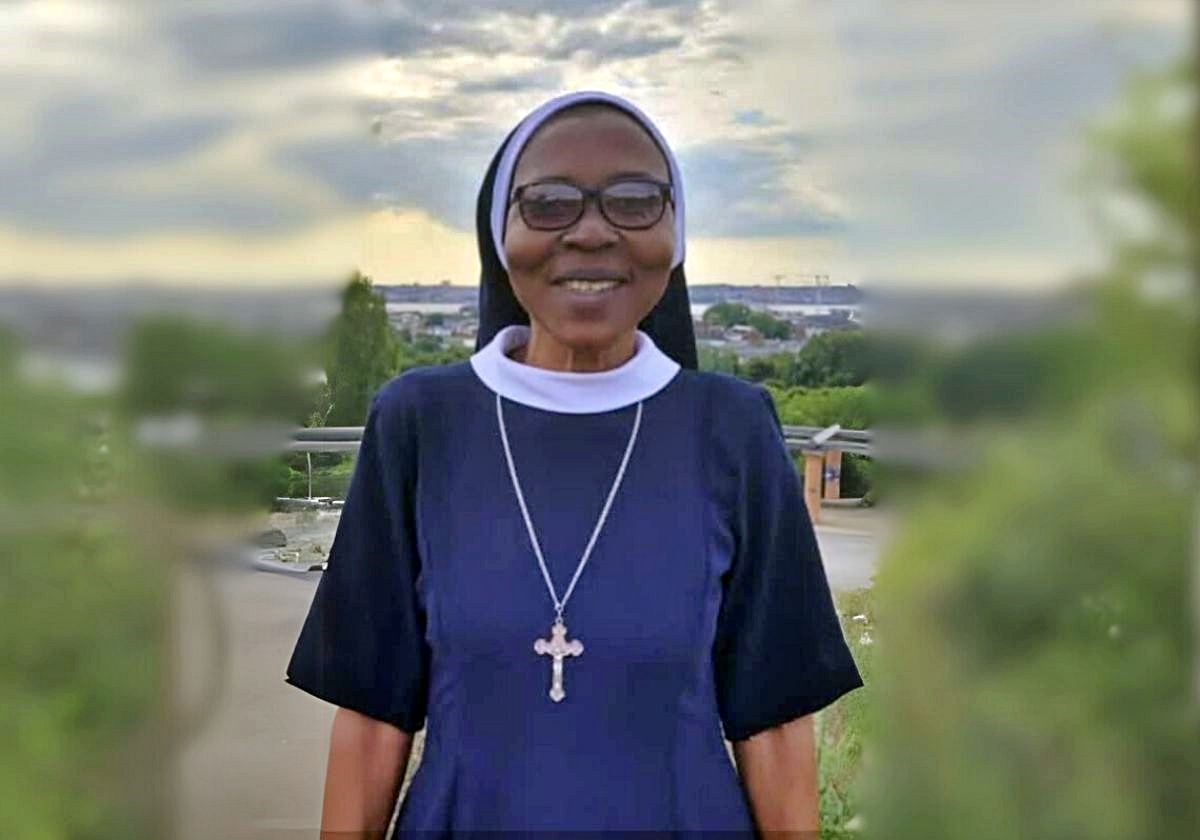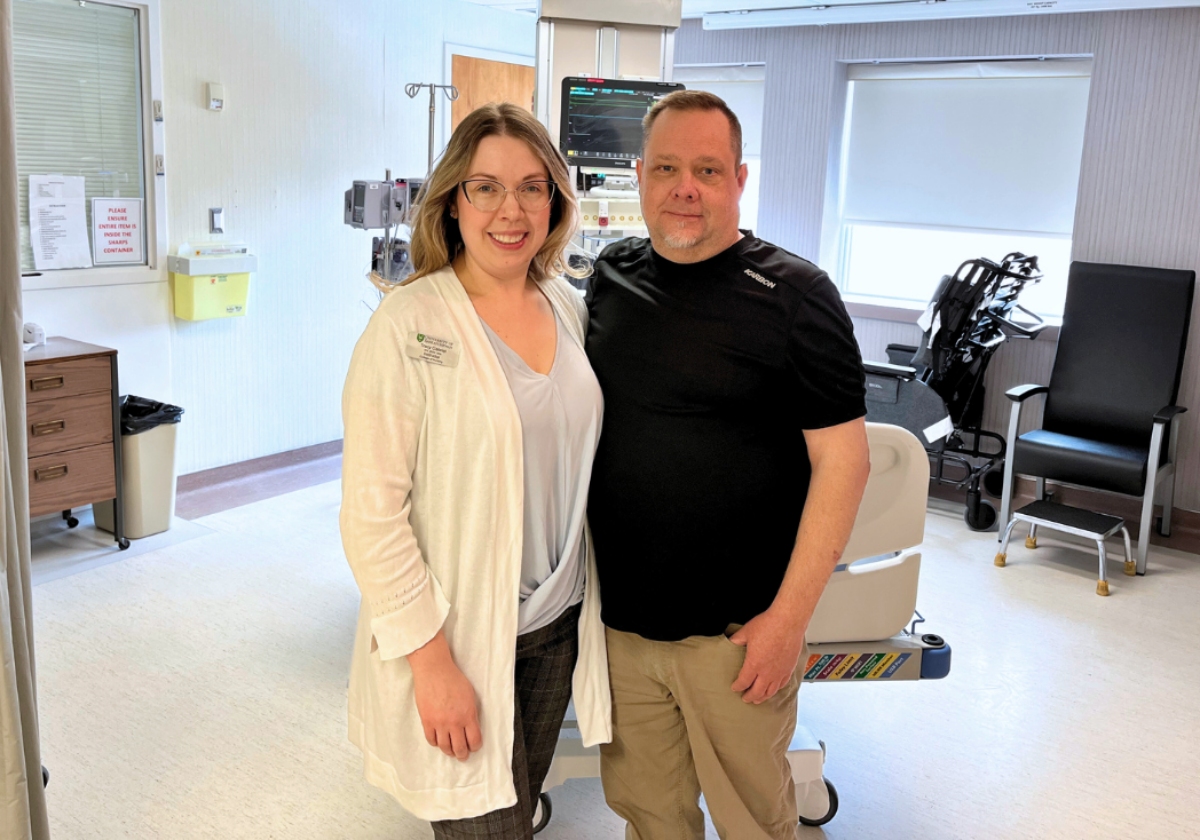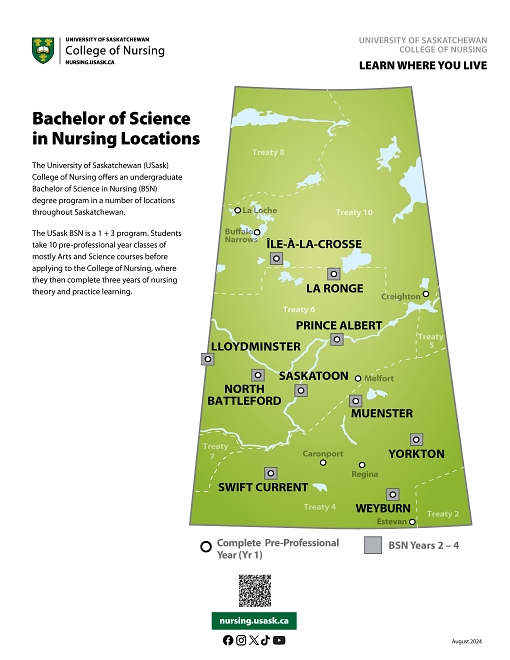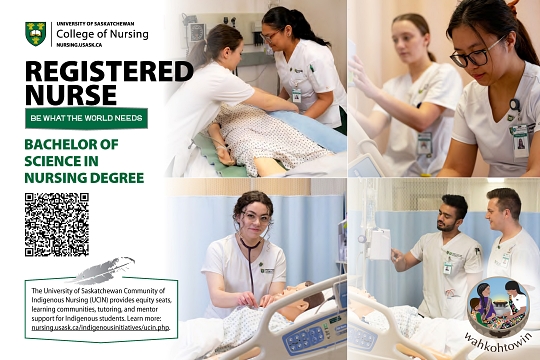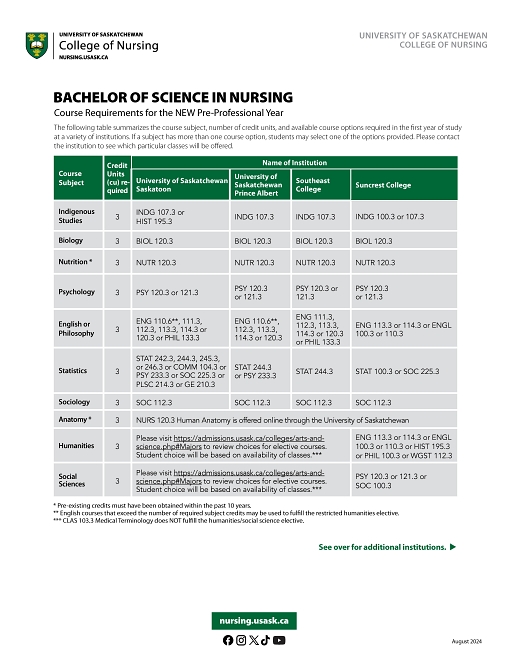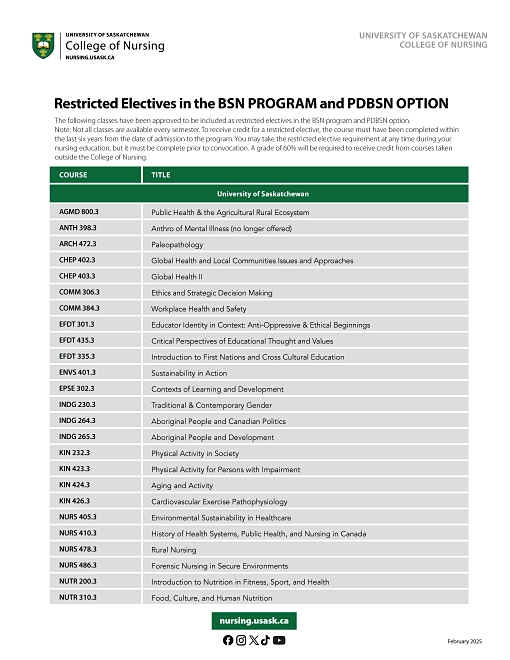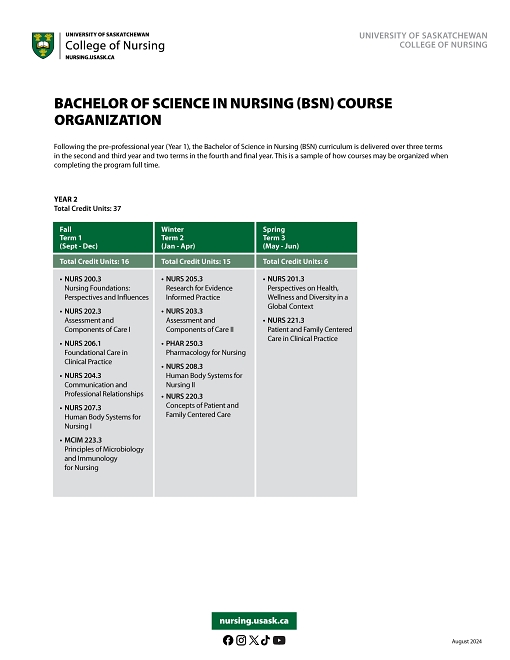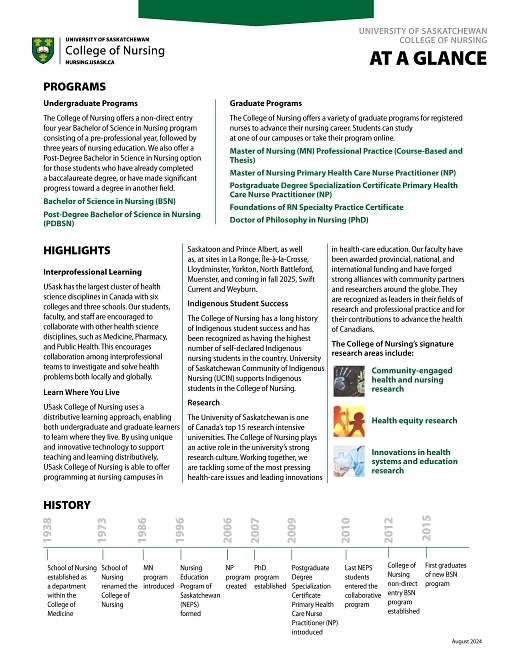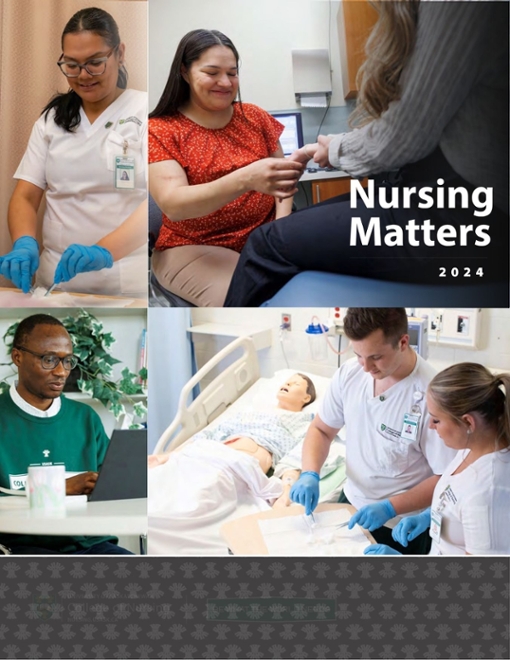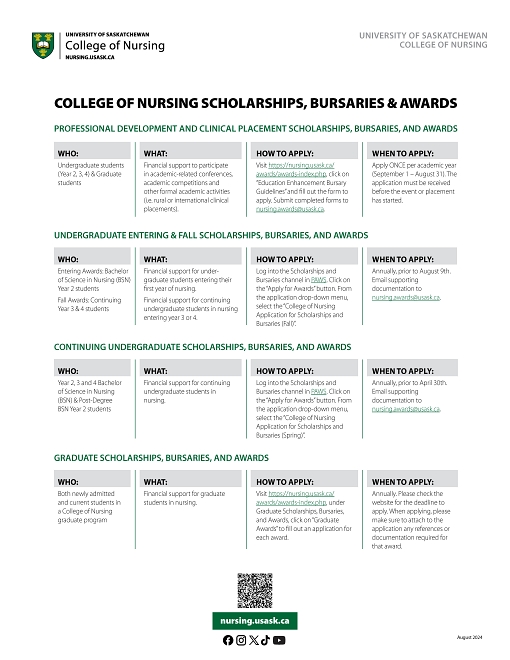Helping Your Student Succeed
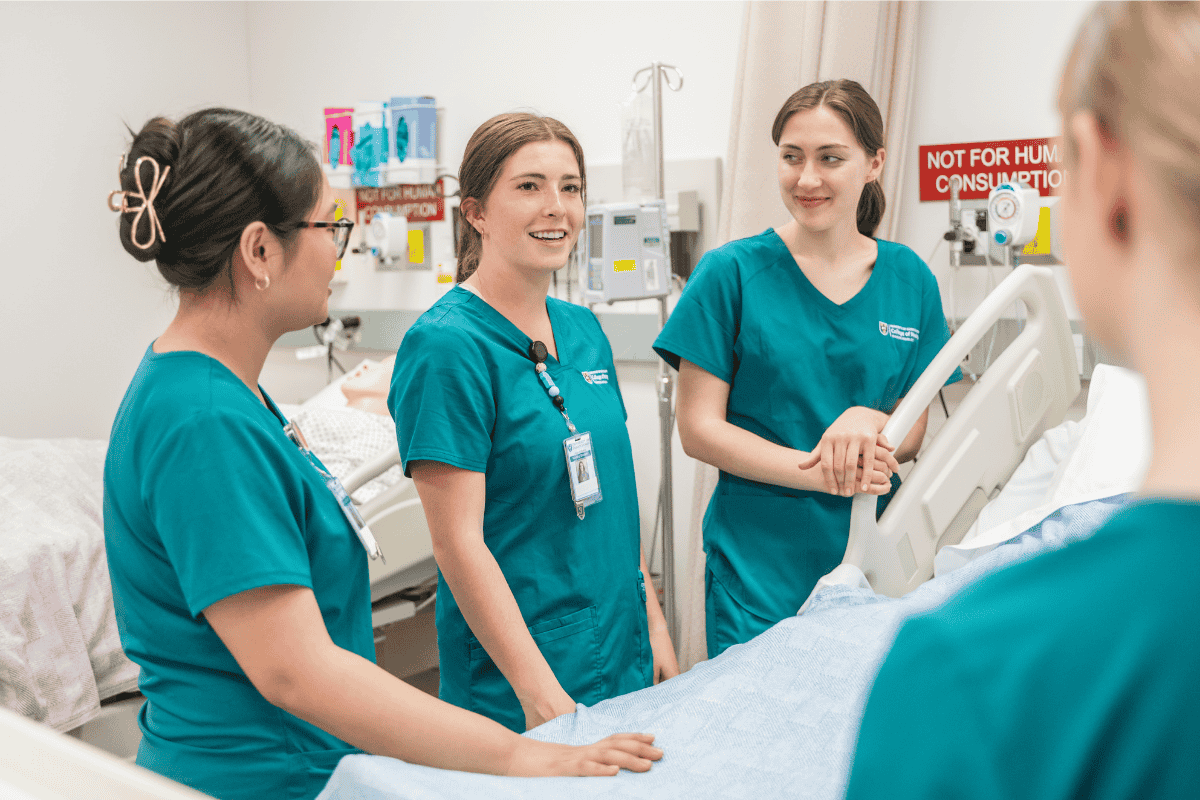
Helping your student evaluate which post-secondary education is best for them can be difficult. We are here to help you learn more about the University of Saskatchewan (USask) College of Nursing.
Scroll through the information below to help your student make an educated decision about pursuing nursing as a possible career path.
Why Become a Registered Nurse?
Nursing is the largest health care profession in the world. Nurses work with their minds, hands and hearts, while using advanced technology to provide health care services to individuals, families, groups, and communities.
Learn more about careers options and wages for registered nurses on USask Admissions.
Watch USask Nursing alumni document their days as registered nurses as part of our USask Nursing Ambassador Program.
How to Become a Registered Nurse
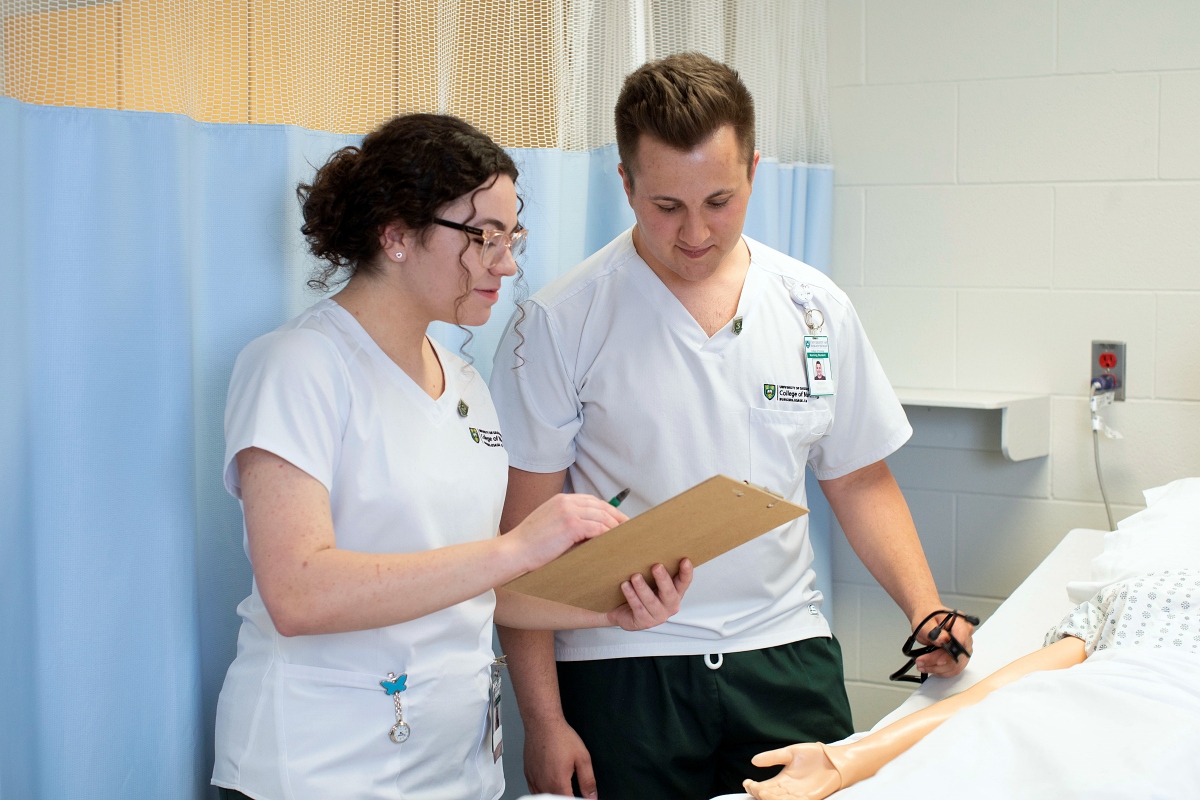
To become a Registered Nurse (RN), the following are required:
- a Bachelor of Science in Nursing (BSN) degree (the outcome of our program)
- clinical practice (included in our program)
- successful completion of the National Council Licensure Examination for Registered Nurses (NCLEX-RN)
- registration with a provincial regulatory body
Why USask Nursing?
There are many good reasons your student should choose USask for their post-secondary nursing education. Some of these include:
- 10 Saskatchewan locations
- Fully accredited program through Canadian Association of Schools of Nursing
- Program approval from the College of Registered Nurses of Saskatchewan
- Full time program, with part-time options
- PhD prepared professors
- Over $300,000 in scholarships, bursaries, and awards available
- Support for Indigenous students
- Hands-on clinical experience
- Learn with other health science students to prepare your student to work as part of a healthcare team
- Complete the BSN program and apply to USask graduate nursing programs, like becoming a nurse practitioner
- Learn from professors who are conducting important research both nationally and internationally on topics ranging from food security to breast cancer; from diabetes to immigrant, refugee, and Indigenous health.
To learn more about these benefits, please see the sections below and visit USask Admissions.
Watch USask Nursing students document their days as nursing students as part of our USask Nursing Ambassador Program.
Read what students and alumni have said about the USask Nursing program.
Being a Registered Nurse in Prince Albert
USask alumna Lydia Francis (BSN’20) shares her experience working as a Registered Nurse in Prince Albert.
Program Details
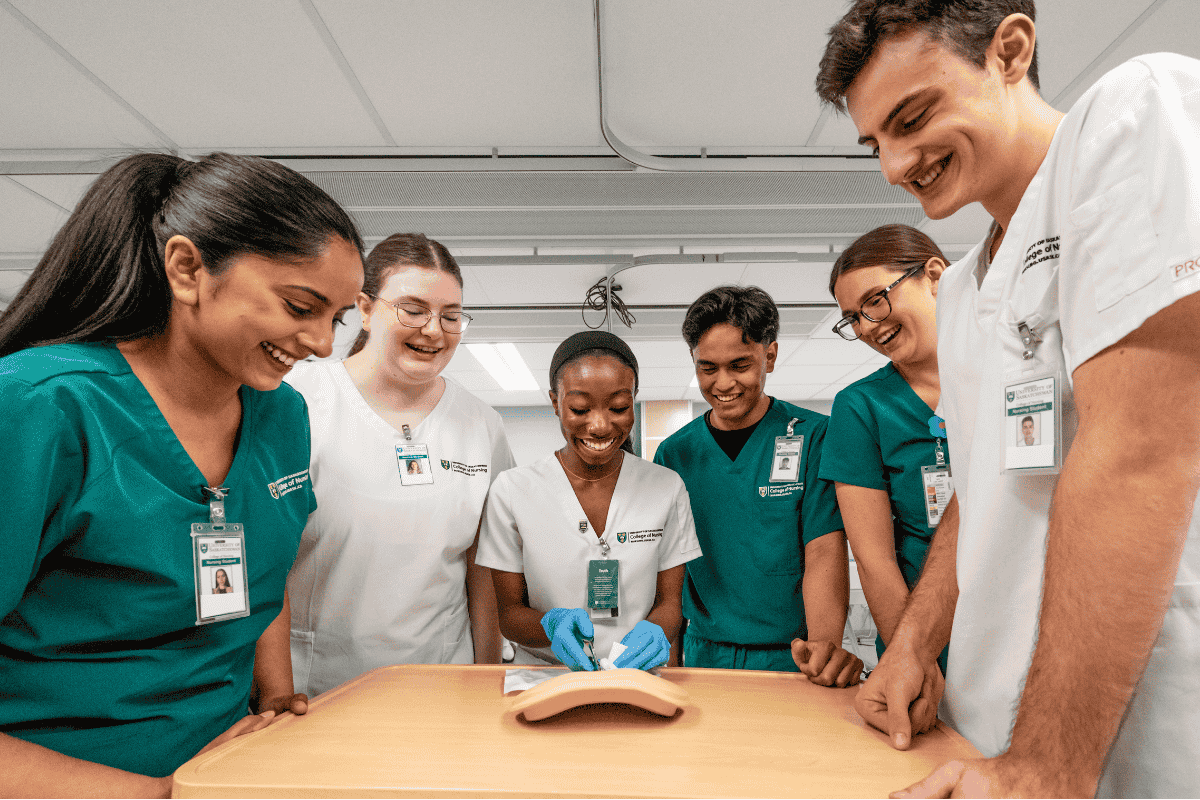
The Bachelor of Science in Nursing degree is a four-year program that includes a pre-professional year (Year 1) of prerequisite university-level courses, followed by three years (Year 2, 3, and 4) of concentrated nursing education and clinical practice opportunities.
The first year gives your student a chance to adjust to University level learning, how to balance school work and living on their own if they’ve recently moved out, and to take arts & science courses that they then don’t need to take throughout the nursing program. This means in years 2 – 4, they can concentrate solely on nursing. If after the first prerequisite year your student decides they do not want to do nursing, the courses they’ve taken can be applied to other degrees.
For more information on the program, including which high school courses are needed to apply for Arts & Science and which courses are required during their first year, please visit USask Admissions.
Application Information
Your student may complete their pre-professional year at USask (Saskatoon and Prince Albert), University of Regina, Northlands College, Lakeland College, Suncrest College, North West College, Great Plains College, St. Peter’s College, or Southeast College. They should apply directly to USask, University of Regina, or the regional college where they wish to study their first year at.
For years 2-4, they apply directly to the College of Nursing during their first year of study. Applications typically open around October 1st.
Early Admission
Early admission uses the same eligibility and selection criteria as regular admission to the BSN program, spots are competitive, and students apply to USask by December 15. If a student chooses not to apply for early admission, the regular admission deadline of March 31 applies.
For more information on the College of Nursing application process, deadlines, minimum average, required documentation, etc., please visit USask Admissions.
Our Locations
USask College of Nursing is committed to a Learn Where You Live philosophy. We feel no student should miss out on nursing education because of geography.
Your student can earn their Bachelor of Science in Nursing degree at campuses in Prince Albert and Saskatoon or at a distributed nursing site in Île-à-la-Crosse, La Ronge, Lloydminster, Yorkton, North Battleford, Muenster, Swift Current, and Weyburn.
Student Housing and Meal Plans
Due to the distributed nature of the College of Nursing throughout Saskatchewan, student housing and availability of meal plans differs by campus and site.
Information on housing, residence, and meals plans on the Saskatoon Campus can be found on the admissions website, campus life section. Information for USask Prince Albert Campus students can be found on the USask Prince Albert Campus website.
For students attending a distributed nursing site, available housing and meal information (where available) can be found for the individual sites on Our Campuses pages.
Indigenous Students
To help Indigenous nursing students become successful nurses, the University of Saskatchewan Community of Indigenous Nursing (UCIN) provides support and advising for Indigenous students while they complete their BSN. UCIN nursing advisors work with students at all sites to build community and provide advisement and support. Additionally, College of Nursing students have access to a Knowledge Keeper.
The College of Nursing designates 16.6% of seats in the BSN program for Indigenous candidates who meet the minimum entrance requirements.
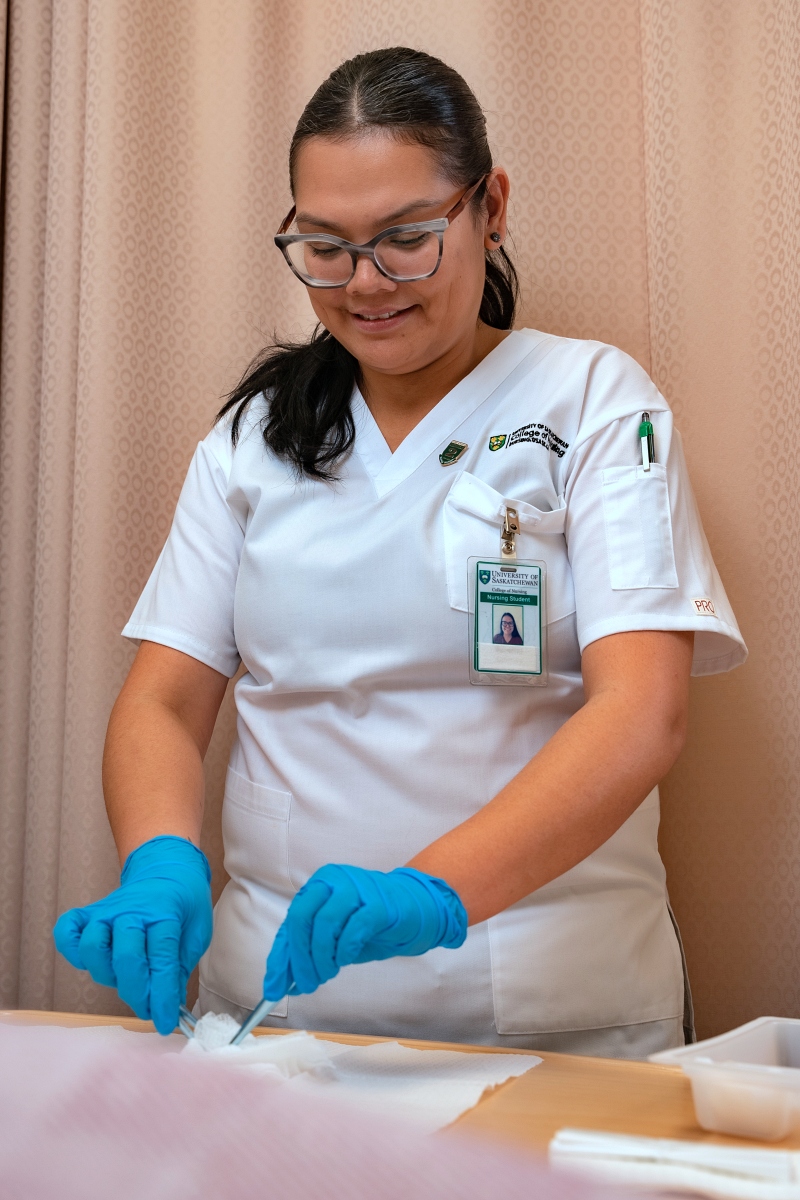
Student Support
The College of Nursing has an academic advising team to support both current students and help prospective learners find their path to nursing.
The transition to University life can be difficult for not only new students and returning students starting a new program, but also the family that supports them. For more information on health and wellness, campus essentials, and getting involved, please visit the USask Students webpage.
To speak with an academic advisor about your student’s journey to becoming a registered nurse, please book an appointment.
Student Affairs and Outreach at the University of Saskatchewan and the College of Nursing have partnered to provide Nursing students with direct support from a Student Support and Outreach Coordinator.
Keeping Your Student Safe
Sending your student off to a post-secondary institution can be worrisome. The University of Saskatchewan is a large institution and especially if it’s your learners first time living away from home, this could be stressful.
USask takes safety seriously. Protective Services works closely with campus communities, police services, and other agencies to maintain safe campuses. Learn more about student safety on the USask Saskatoon Campus on the Protective Services website and USask Prince Albert Campus website.
For students attending a distributed nursing site, student safety information is provided by the individual regional college.
The Parent Perspective
Hear what other parents, who have had a student complete their BSN, are saying about USask Nursing!
Tuition
Scholarships, Bursaries, and Awards
There are many scholarships, bursaries, and awards available to students in the College of Nursing.
In 2024, $304,611.52 in scholarships, bursaries, and awards were given to eligible College of Nursing students.
Hear what College of Nursing undergraduate students have said about the impact of receiving an award during their studies.
Learn more about how your student can apply for scholarships, bursaries, and awards.
Hands-On Clinical Experience & Virtual Reality
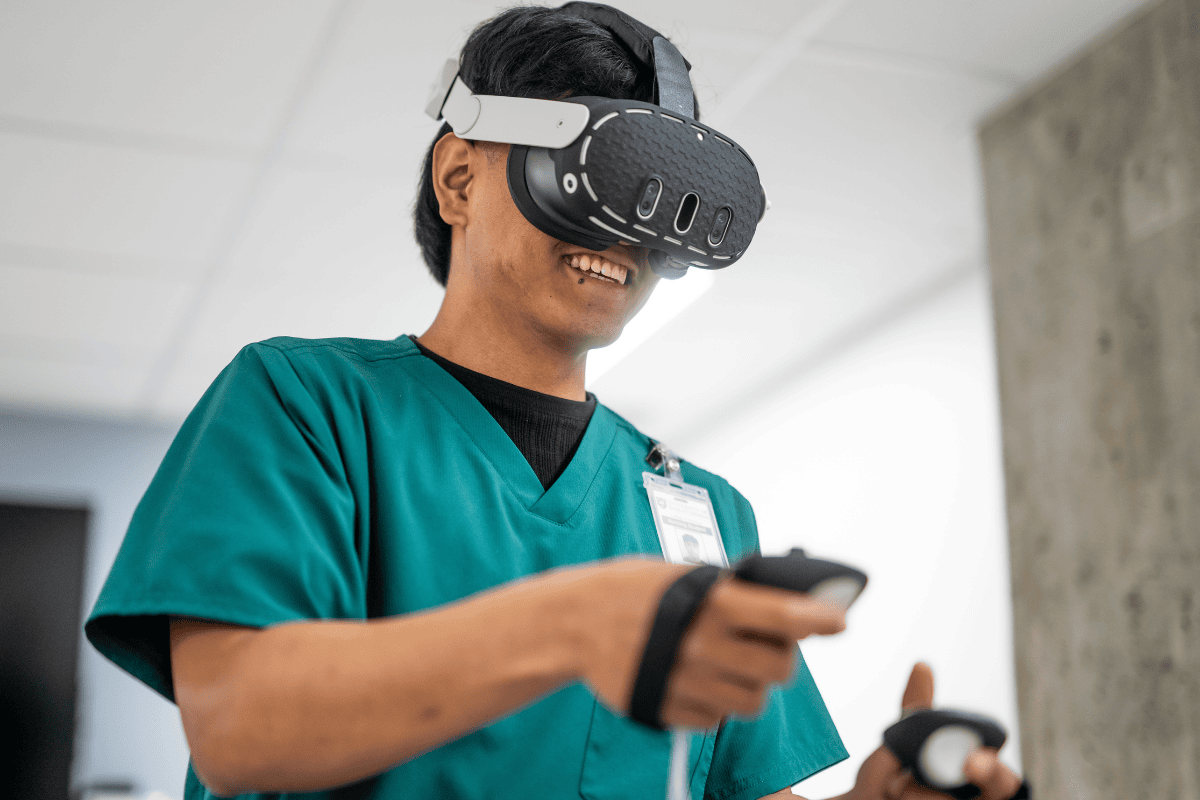
Take nursing education to the next level with the help of technology. USask College of Nursing students practice hands-on nursing skills before they actually practice on a patient. As students move through the nursing program, they are involved with advanced simulation, which involves caring for life-like manikins. These manikins can speak, cough, and can have their blood pressures taken, among other things. During these simulations, students care for the manikins at the bedside, while instructors ensure the manikins respond like an actual person would. This gives students valuable hands-on practice in recognizing and responding to certain patient conditions.
USask College of Nursing is exploring the use of virtual reality as a clinical teaching tool for students. Virtual reality is an opportunity to create a learning scenario where a student feels as though they are actually in an environment, providing care, giving them another opportunity to practice their skills before their actual clinical placement with patients.
Nursing Research
Nursing is a rapidly changing profession. As such, research is an important tool to ensure future health care is meeting the needs of patient experiences and incorporating the most up-to-date best practices.
College of Nursing professors conduct important research both nationally and internationally and bring their research into the classroom to share with students.
If research is of interest to your student, they will have the opportunity to work on research throughout their program and apply for undergraduate research positions.
To learn more about the exciting nursing research taking place in the College of Nursing, visit the Research page or view the latest edition of the College of Nursing Research and Scholarship Snapshot.
Alumni Making Us Proud
When your student completes their Bachelor of Science in Nursing and becomes licensed as a registered nurse, they will follow in great footsteps of the over 11,000 College of Nursing alumni. Since 1938 we have been delivering quality nursing education and our alumni accomplishments make us proud!
Here is a look at a few of our recent alumni stories.
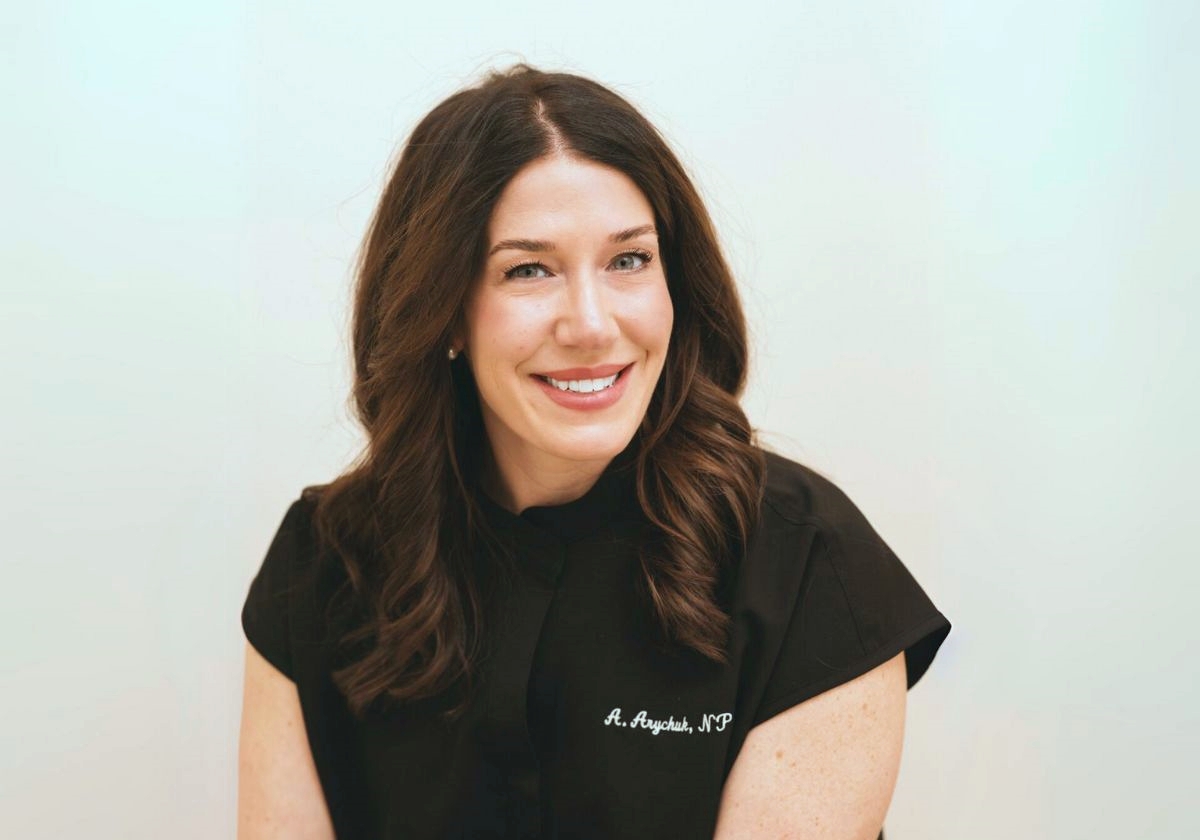
Practicing as an NP in Northwest Territories
College of Nursing Alumna Allyson Arychuk (MN-NP’22) says practicing as an NP in Yellowknife is a privilege.
Additional Information
Looking for additional information to help your student make their decision? Here’s a few additional pieces that might help!


